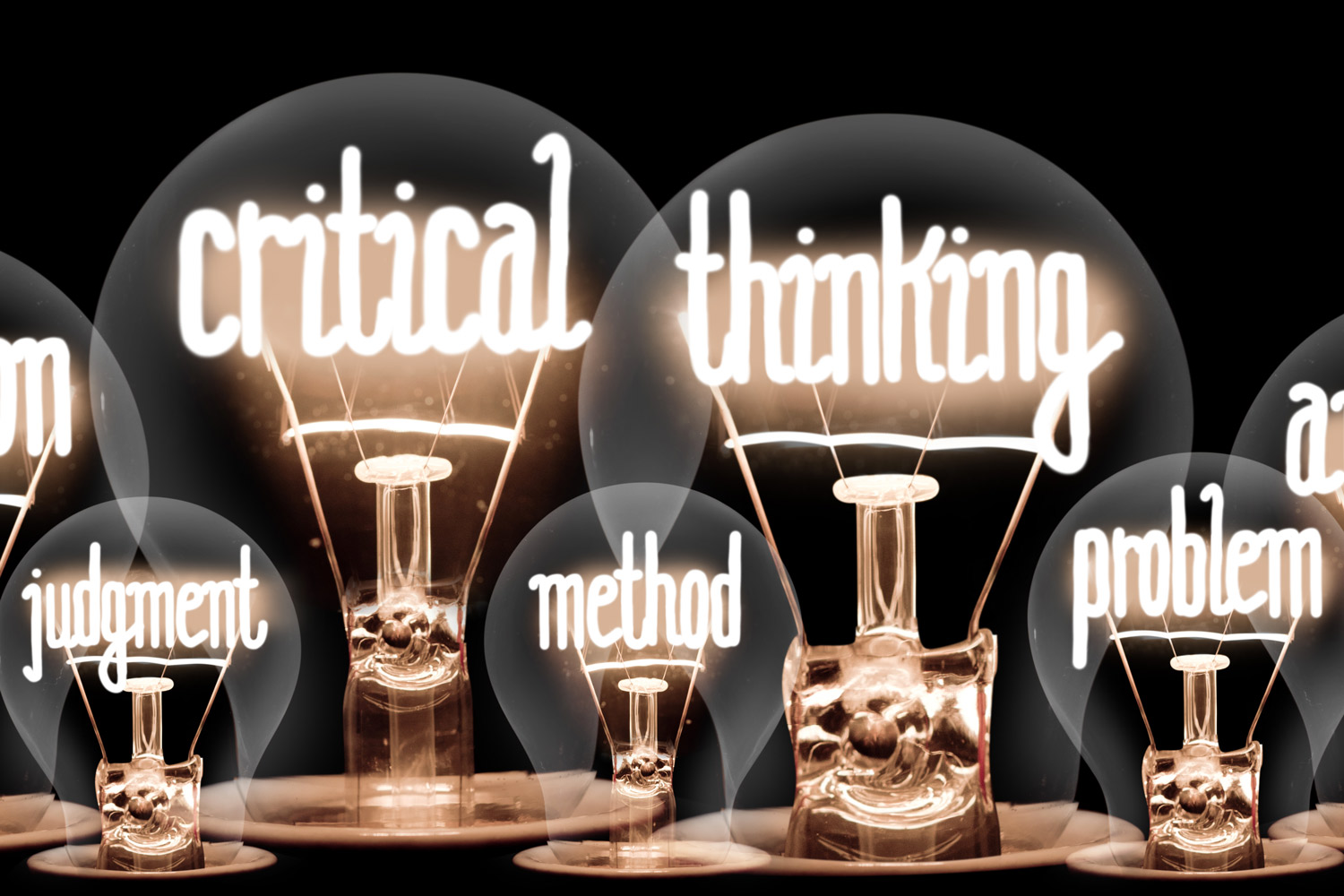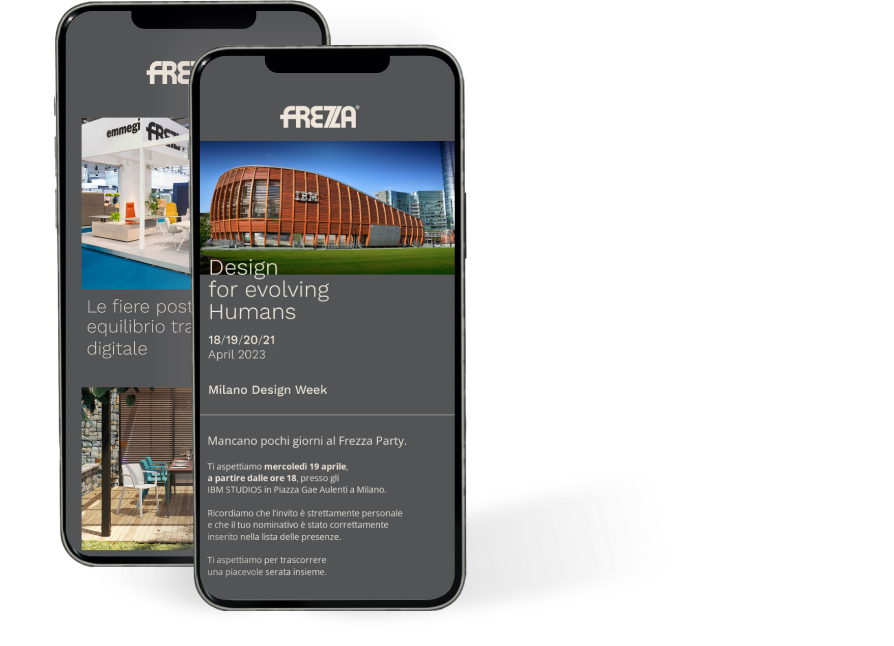Most of our thinking happens automatically and constantly, without any real intellectual engagement. Critical thinking is the exact opposite, as it represents a deliberate act.
It’s a mental process that develops through a deep analysis of the available information, examined in detail but also as a whole. This information is selected, synthesised and re-exposed in order to be better communicated or to find the most efficient and unbiased solution to a problem.
In everyday life we call this “critical thinking”, because it also implies the ability to question oneself and to compare oneself with others, in both personal and professional spheres.
6 ways to improve critical thinking
The information analysis is based on the individual’s previous experience and pre-existing knowledge. Critical thinking is developed from these two factors and is therefore a skill that can be improved over time.
Learning to observe situations more carefully, to think lucidly and to be able to rationalise large amounts of data are skills that can be developed over time.
Here are some useful techniques.
-
Don’t leave out the simple questions and challenge personal beliefs and initial assumptions
Sometimes we waste a lot of time because we take it for granted that initial unverified information is correct, or because we are used to acting in a certain way. Instead, it’s important to start from the beginning, questioning the accuracy of the data we’re working with and our own methods.
If you’re in a group, it’s very useful to ask basic questions to your other team members, for example whether they have done similar work before (and what solutions they have to resolve the problem).
-
Learn to observe carefully
When you’re on a coffee break or chatting with a colleague, try to focus on everything around you, noticing the details that might usually be insignificant. Try to relate them to the context you are in, in a kind of ‘mental diagram’.
This little training is very useful to speed up the synthesis process that comes into play when you have to analyse many micro-data at the same time.
-
Identify your own and other people’s prejudices in order to avoid them
Before starting an activity, ask yourself whether you are looking for unbiased sources or only for facts that support and confirm your initial thesis. If the answer is the latter, take a step back!
-
Start again..in reverse order
A great way to get “unstuck” in solving a problem is to see the situation differently, to create a new “mental perspective”.
Instead of thinking about the initial data, start thinking from the end goal, trying to go through the process inversely.
-
Practice logic games
Chess, Sudoku, Kakuro, rebus: these games help develop the ability to make connections between data and discover new mental paths to the same solution.
-
Study a new language
Learning a new language has many benefits. First of all, there is the cultural factor: terminology and the meaning of words are a good insight into the way of thinking of a specific population.
Each language also has a different grammatical and orthographic construction: studying it also counts as an exercise for the brain, which becomes more flexible in relation to other mental structures.
In general, anything that can increase knowledge or challenge our ability to reason is a good way to develop a better critical sense. Openness to new experiences is the key!

